In this article, Dr. Gasmi Abdelhadi, neuropsychologist at BIQAF Psychology and a specialist in neurorehabilitation, explains how he helps children, adolescents, and adults overcome their cognitive difficulties through an innovative approach that combines cognitive rehabilitation, quantitative EEG neurofeedback, and personalized therapies to achieve effective results.
About BIQAF Psychology
Founded in 2011, BIQAF Psychology is a center for neuropsychological stimulation and skills development. Its main goal is to help children, adolescents, and adults overcome their psychological disorders and cognitive difficulties, providing academic, professional, and personal guidance.
Since 2020, the center has stood out for integrating therapies based on quantitative EGG neurofeedback, developed by a multidisciplinary team that includes neuropsychologists, speech therapists, neurofeedback operators, and psychomotor therapists.
Cognitive stimulation
Neuropsychological difficulties manifest in a person’s daily life: at school, at work, in the supermarket, or when buying a ticket to a show. In short, these difficulties, if present, make life complicated and sometimes even unsustainable. Behind these difficulties are the cognitive and executive functions, which orchestrate almost all the abilities and skills needed to live normally: paying attention, memorizing information, concentrating on a task, planning a job, adapting to a situation, etc.
When these functions are altered or weakened (the causes can be diverse and often indeterminate), we can intervene to strengthen them or help the patient overcome their difficulties and gain greater autonomy.
At BIQAF Psychology, cognitive rehabilitation is approached through a neuro-physio-psychological approach that combines:
- Personalized cognitive rehabilitation interventions.
- Brain training with quantitative EEG neurofeedback.
- Psychotherapies recommended according to the case and the situation.
This approach allows us to gain in effectiveness and efficiency.

Subscribe
to our
Newsletter
BIQAF Psychology users
The conditions of BIQAF Psychology users
At the BIQAF Psychology center, we receive a variety of people with different disorders to whom we offer a personalized approach to respond to their particular needs and characteristics.
Among the conditions treated are:
- Attention deficit hyperactivity disorder (ADHD);
- autism spectrum disorders (ASD);
- learning disorders such as dyslexia, dysgraphia, and dyscalculia;
- behavioral disorders, including oppositional defiant disorder (ODD);
- anxiety disorders, depression, and post-traumatic stress disorder (PTSD);
- and sequelae of traumatic brain injuries.
How therapies are approached at BIQAF Psychology
The center’s therapies are approached from a diagnosis based on a neuropsychological report, a quantitative EEG (EEGQ) assessment, and the opinion of a psychiatrist. Subsequently, therapies are developed in different stages:
- Neurofeedback protocol, which comprises between 14 and 20 sessions;
- cognitive rehabilitation sessions;
- follow-up of users with remote sessions via NeuronUP, thanks to its NeuronUP2GO resource, provided that the control tests are satisfactory.
A case of a BIQAF Psychology user
As an example, a prominent case at the center is that of a 24-year-old woman who faced significant difficulties at work due to her ADHD. These difficulties consisted of problems maintaining her attention on a single task until completion and difficulties with planning. Anticipation was also part of her daily difficulties.
After six months of neurorehabilitation, including NeuronUP sessions at home, her progress has been remarkable. In fact, in the following image you can see this user’s progress thanks to the NeuronUP resource called NeuronUP Score, which I frequently use.
If you enjoyed this blog post about overcoming cognitive challenges: BIQAF Psychology’s unique approach, you will surely be interested in these NeuronUP articles:
“This article has been translated. Link to the original article in Spanish:”
Superar los retos cognitivos: el enfoque único de BIQAF Psychology
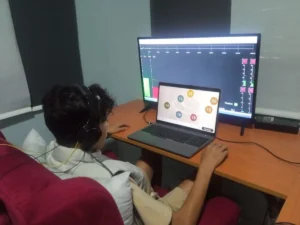

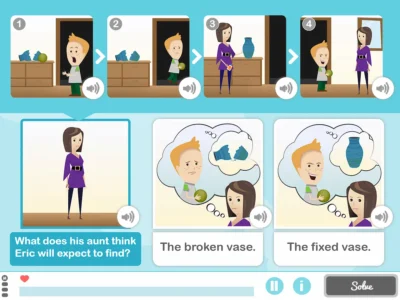
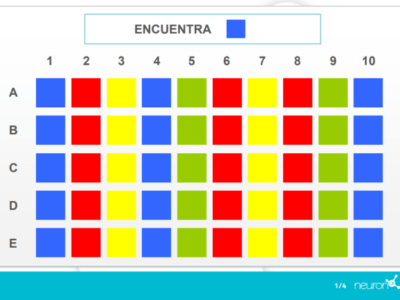
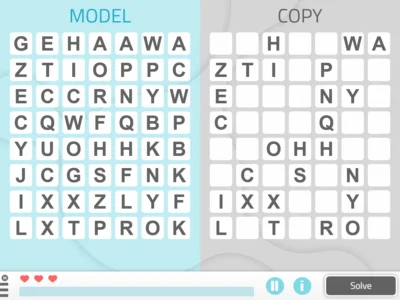
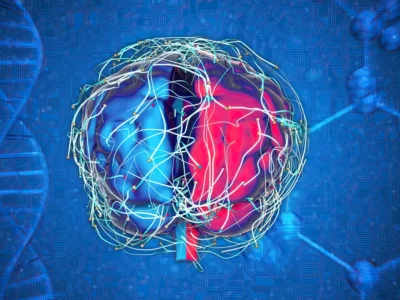
 Aphasia after Stroke: Causes, Types, and Rehabilitation
Aphasia after Stroke: Causes, Types, and Rehabilitation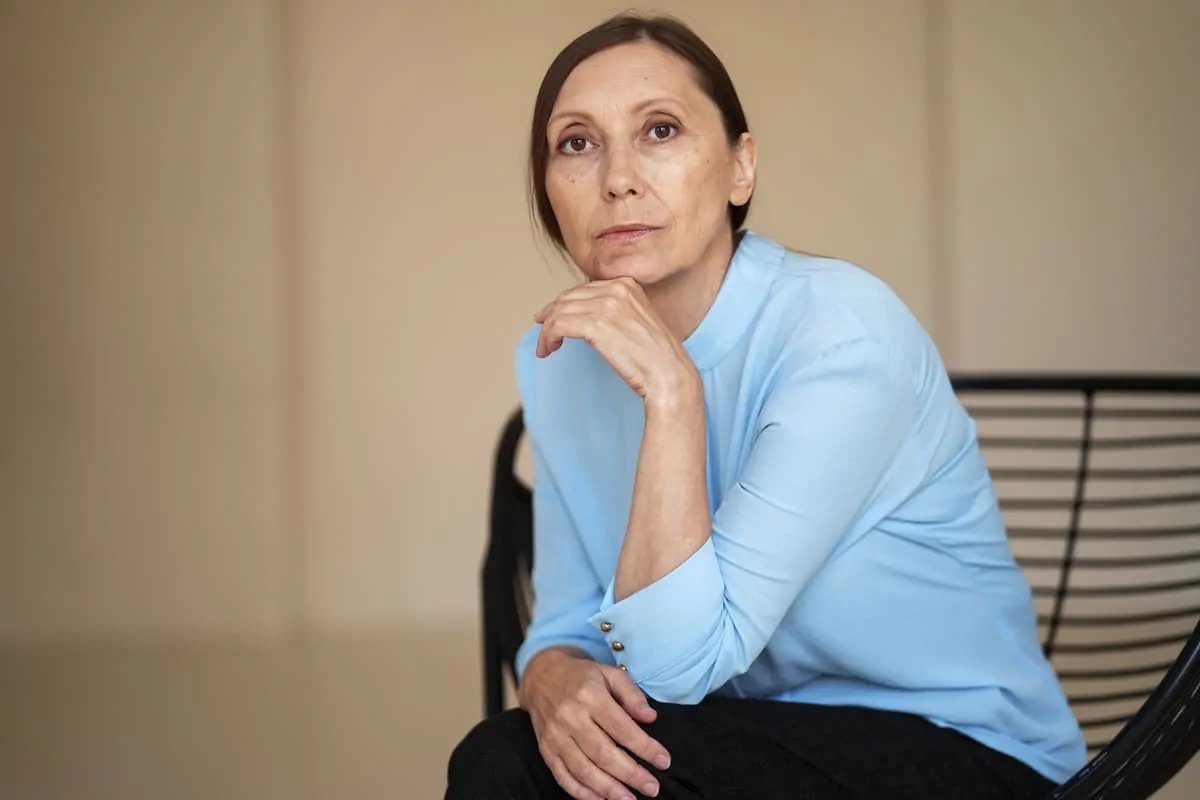
Leave a Reply